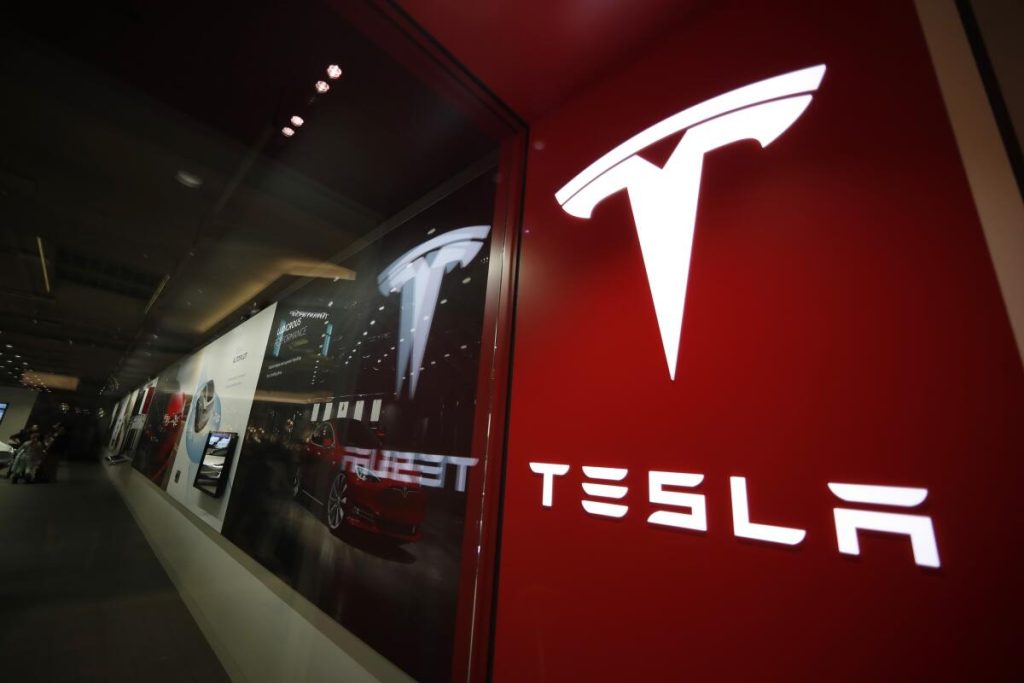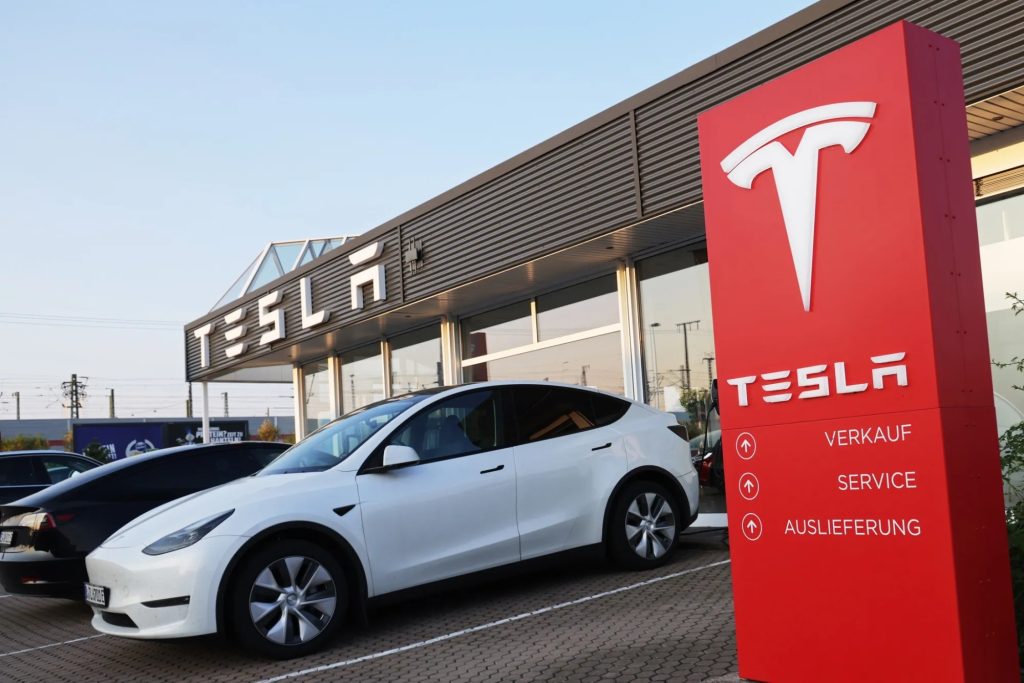


Evening Market Recap

Elon Musk Becomes First Person to Surpass $500 Billion Net Worth as Tesla and Tech Ventures Soar

Tesla Smashes Q3 Delivery Records as Buyers Rush Before Federal EV Tax Credit Expiration

The Mid-Day Buzz

The Mid-Day Buzz

Tesla Stock Slides as European Sales Plunge Over 20% in August

The Mid-Day Buzz

Evening Market Recap

Evening Market Recap

The Mid-Day Buzz



